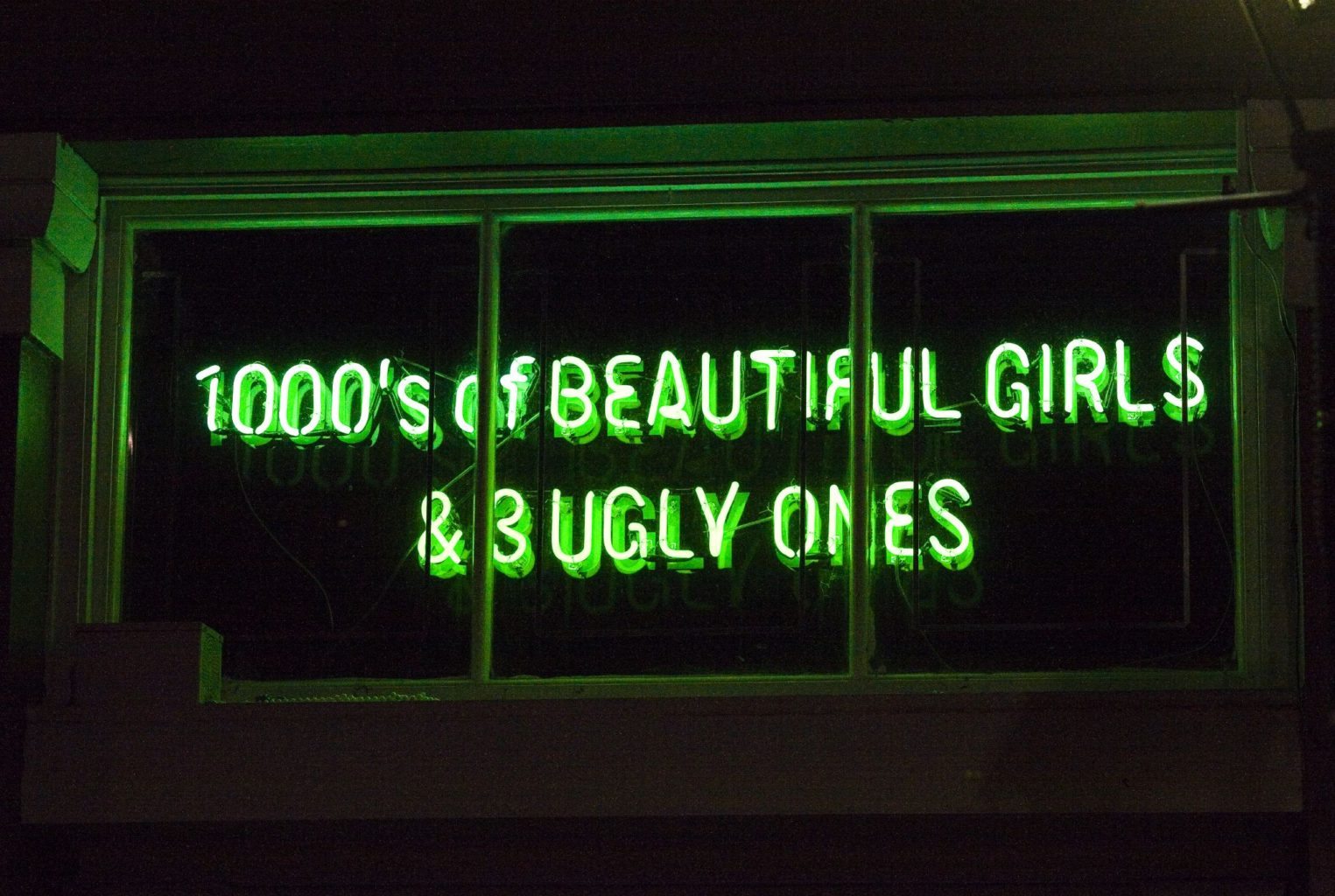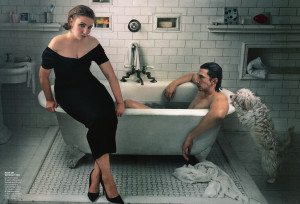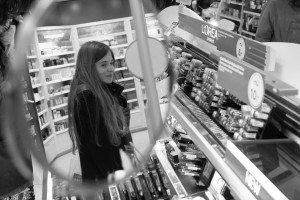The beauty dilemma
Beauty doesn’t have a convention, says Reece Goodall, but it definitely has cliché…
I don’t know if you’re familiar with Lena Dunham, but you should be. She recently posted a photo of herself in lingerie on Instagram, leading to bevy of news stories and comment pieces. She was praised for her recent weight loss, for her bravery in daring to bare herself and be a champion for the curvier woman and the ‘not conventionally attractive.’ Comments on the photo have been almost uniformly positive, with internet users noting how happy Dunham is with her body and pleased that, finally, someone has shown the world what a ‘real’ body looks like.
It may just be me, but I find what I’ve just written to be fairly horrible. Why should it be unusual that Dunham be happy with her body? Why is she “unconventional”? It is a sad reflection on one of the most insidious things the modern world has to offer – the question of beauty.
As clichéd as it is, beauty is very much in the eye of the beholder – everyone has their own idea of what they find beautiful. Some people find certain physical attributes beautiful, hence the idea of ‘the type’, whereas others are not so inclined towards a certain hair colour – I know that all the ladies I’ve liked have been a wide mix of appearance and traits. And there’s another point – personality traits can be just as attractive as physical characteristics. To attempt to define what is beautiful is a futile endeavour – it’s an impossible task, based entirely on perception.
That said, society has been more than eager to try anyway.
What we are told is beautiful is this – a tall and slim woman, with fairly generous cleavage on show. Her make-up is done to perfection, she is elegant, stylish, intelligent (although that doesn’t enter into the equation nearly as often as it should) and she oozes sex appeal – wherever she goes, men stop to look. Similarly, a good-looking man is chiselled, clean-shaven (unless he has a bit of stubble), well-groomed, a six-pack threatening to burst from his shirt. He is both tough and kind, and would do anything for his lady.
This idea of beauty is ‘it’, and you are either beaten with the beauty stick until you become some kind of goddess or you remain a kind of societal troll.
Now, I’m not saying that these character sketches are in any way incorrect, but I dislike the mass propagation of this version of beauty. In particular, the attack on anything that strays from this image, even the slightest bit – the idea that a woman is ‘not conventionally attractive’ because she doesn’t fit this type that we are all forced to have.
The media is absolutely the worst for this. Lifestyle and beauty sells papers, and thus papers are happy to print it to their heart’s content. A particularly glaring example is the Daily Mail – visit its website on any day and most of the stories will be commenting on a woman’s appearance. Just from today, the positive: ‘Jennifer Metcalfe leaves little to the imagination in plunging top,’ and the negative: ‘make-up free Drew Barrymore wears baggy clothes as she enjoys a casual outing’ all attack the victim for deviating from what is beautiful and acceptable. This sets a dangerous precedent – it states that this idea of beauty is ‘it’, and you are either beaten with the beauty stick until you become some kind of goddess or you remain a kind of societal troll.
Anyone who describes themselves as a beauty pundit ought to get a proper job.
It doesn’t help that beauty is such a powerful business, and it knows how to manipulate the general public with ease. Sex sells in adverts, indisputably, so we have models telling us to do whatever (a new app has been plugged essentially using Kate Upton’s cleavage). And we have beauty pundits ready to comment on every aspect of physical appearance and tell us where we’re going wrong, inventing new bits of crap to harangue the public. Does the size of your thigh gap matter? No, because it’s not a real thing that anyone gave a toss about until you told them they should. Anyone who describes themselves as a beauty pundit ought to get a proper job.
So with beauty, where do you find yourself? Perhaps, we could grow up a bit. To paraphrase American Beauty, beauty is everywhere, and we only have to look. Just because some berk living in Los Angeles with a crack problem and a stupid-sized dog tells us that she is the pinnacle of beauty, that doesn’t make it the case. Everyone is beautiful – maybe not from my point of view, or that of the man in the street, or the fashionista, but what does that matter? You are not an “unconventional” beauty, you are simply a beauty.
To end on another cliché, true beauty can be found within – so why not go looking?



Comments